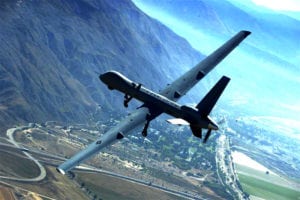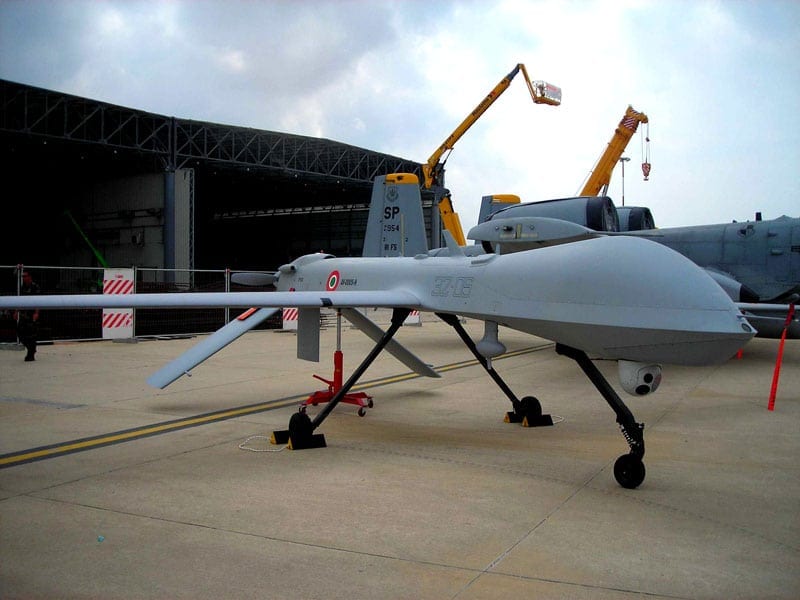Hacker stole U.S. military drone docs.
There have been many large-scale hacks and data-breaches since the introduction of the World Wide Web that resulted in hackers gaining large sums of money, but some hackers are just not that clever anymore. In this case, a hacker who stole U.S. Military Drone Documents was only selling them for $200 bucks on the dark web! Unfortunately, these documents are more important than the hacker thought, and their release could have much broader implications on American campaigns in other countries and abroad. Moral of the story, he should’ve at least doubled his asking price.
How were these documents stolen?
Recorded Future, the company who spoke with the hacker directly, discovered that the documents were obtained using “previously-disclosed vulnerability in Netgear routers.” The hacker used a special search engine, know as the Shodan search engine, in order to retrieve various documents by targeting vulnerable devices. The hacker gained access to the captain’s computer at the Creech Air Force Based located in Nevada. All the maintenance course books and list of people capable to operate the drone were stolen. Although this information is not considered classified, it allows for easy assessment of the U.S. must technologically advanced aircraft.
Soon after, more documents were put up by the same hacker, “including more than a dozen training manuals describing how to defeat improvised explosive devices, how to operate an M1 Abrams tank and a file on tank platoon tactics.” The files had been stolen from a U.S. army staffer. Recorded Future has gone on to emphasize how these documents could have been sold to terrorist groups around the world wanting to buy intelligence against the United States. The Department of Defense did not comment on this recent theft, because they could not verify the documents.
Is there a lack of military security occurring?
Back when Edward Snowden walked out with massive amounts of classified government documents in late 2013, military security became a widely regarded topic. Was there a large flaw in the government’s cybersecurity that had been missed? Not necessarily. Unfortunately, the large flaw in security was humans, and it still is. Any technology that deals with or is used by humans is open to be hacked or broken into. The Central Intelligence Agency (CIA) has had numerous problems in the past with sensitive code, which become more apparent when their digital arsenal was obtained by Wikileaks. Technology is always vulnerable, and it might be a much larger problem than anticipated.
The computer in this case had been left open on the web, which gave any hacker easy access to all of its contents, including manuals, databases, etc. This creates another question as to if these military personnel were using personal computers to access military information in an effort to create easier work methods for themselves.
Through the years, hackers have shown that it does not take much effort to break down the cybersecurity walls of major corporations or military branches. Maybe this is a wake-up call to find where the flaw in national security is, even though we know the flaw is humans. So, don’t forget to sign out of your account and close web browsers, because you could be the reason government information is sold at a low price!



VIEW ALL